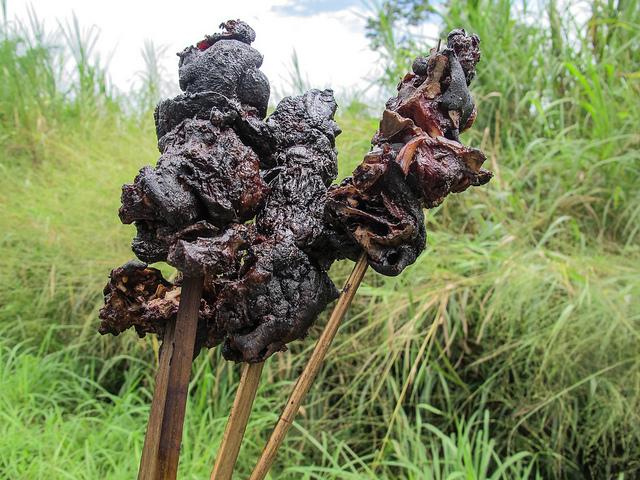The Nigerian Center for Disease Control (NCDC) announced today that monkeypox has been confirmed in six more patients, bringing the total number of confirmed cases to nine.
Two of the new cases are from Bayelsa state (where the three earlier cases were reported), two are from Akwa Ibom state, and one each from Enugu state and the Federal Capital Territory (FCT). All but FCT are located along the southern tip of the country.
As of Oct 25, 94 suspected cases have been reported in 11 states. No deaths have been recorded among any of the confirmed or suspected cases.
The NCDC said investigations are currently under way to see if any of the new cases are connected to the three cases confirmed in Bayelsa late last month.
"The NCDC has been working with poxvirus experts from the World Health Organization and the U.S. Centers for Disease Control and Prevention to ensure that every available step is taken to trace how this outbreak may be spreading, and in understanding the links between case clusters, in order to prevent further spread," the NCDC said.
Largest-ever outbreak in Nigeria
The confirmation of the new cases make Nigeria's outbreak the largest monkeypox outbreak in that country. Usually, monkeypox is limited to one or two people who have come into contact (scratch or bite) with an infected animal. Nigerians are advised to avoid eating or handling bushmeat (wild game, sometimes from bats and monkeys), especially from areas with confirmed monkeypox.
The virus can also be transmitted though close personal contact, especially with bodily fluids, the NCDC said. Good hygiene is urged, especially among healthcare workers.
The NCDC urged Nigerians to remain calm and not panic in light of the new cases, reminding citizens that supportive care usually leads to a full recovery. There is no cure for monkeypox, but patients can be given supportive treatment while hospitalized.
According to the World Health Organization (WHO), the incubation period of monkeypox is usually from 6 to 16 days but can range from 5 to 21 days. The disease begins with a high fever and headache, followed by a blistering rash that covers the face, hands, and feet and lasts 10 to 21 days. Young children are most likely to die from infection.
Smallpox vaccine is usually 85% effective in protecting against monkeypox, according to the WHO, which may be why older patients (who were vaccinated against smallpox) have milder cases of monkeypox.
See also:
Oct 27 NCDC update
WHO monkeypox page




















